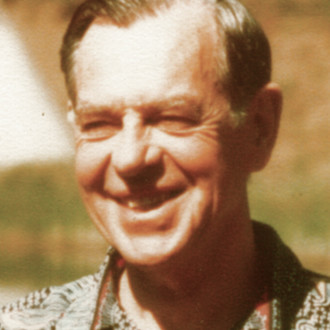Joseph Campbell was an American author and mythologist whose work on comparative mythology influenced countless writers and artists. His most notable work is The Hero with a Thousand Faces (1949), in which he presents the idea of the "monomyth."
Born in New York in 1904, Joseph Campbell attended Columbia University, where he studied literature and mythology. He later earned a MA in medieval literature from the University of Paris and a doctorate in comparative literature from the University of Munich.
Campbell's fascination with mythology began when he discovered the works of Carl Jung and Sigmund Freud. Later he wrote many books on mythology, including The Hero with a Thousand Faces, a four-volume series, The Masks of God (1959–1968), Myths to Live By (1972), Transformations of Myth Through Time (1990), and others.
Also, a series of conversations between Campbell and journalist Bill Moyers, which was filmed for a television program PBS in 1988, became the book The Power of Myth. The dialogue explores the role of myth in human culture and how it can help people understand themselves and the world around them.
In addition to his academic work, Mr. Campbell was an accomplished speaker known for his engaging and inspiring lectures on mythology and spirituality.
The Star Wars creator George Lucas has acknowledged the impact of Joseph Campbell's work on his storytelling, particularly the idea of the hero's journey.
Joseph Campbell died at his home in Honolulu, Hawaii. He was 83 years old.
After his death, Campbell's colleagues and friends established The Joseph Campbell Foundation (JCF) in 1990. The JCF preserves and promotes the author's work and offers a variety of educational programs and resources for scholars, students, and the general public.

